Lamb / Sheep are a new venture at Buck Creek having purchased the flock about one and a half years ago from a retiring gentleman out in the Weatherford area. So, with that comes some learning but I will say that we have pressed hard into the process and it has been a fun and yet challenging adventure…Here are some things we have learned and implemented.
NO Grain
Sheep are a ruminant animal meaning that they have more than one stomach like cattle and goats. This also means that they ferment the feed that they eat in one of their stomachs to extract the nutrients they need, this also means that the bacteria in their stomach is very important and if you read the last series on beef you know that to keep the bacteria balanced and the right kind that they SHOULD NOT BE FED GRAIN Period! Because ruminant animals are not created to eat grain it takes very little to change the PH of their stomach and kill/change the bacteria in their stomach which can make the animal sick and even kill them …it also changes the chemical makeup of the type of fat the animal puts on and makes what used to be healthy meat to unhealthy!
At Buck Creek we never use grain as a feed for any ruminant animal including sheep…period. Buck Creek lambs are left with their mothers in the field until the day of harvest where they partake of mother’s milk, grass & weeds/forbs. Sheep like cattle graze in open fields with mixed grazing though sheep fields do not require special pastures to bring them to a marketable weight like cattle do. Sheep also eat about 70% weeds / 30% grass while cattle eat 70% grass / 30% weeds. Because of this variance in diet we are trying to move away from a herd of cattle and flock of sheep to a “flerd” (flock/herd combined) for greater utilization of our pastures.
Type of Sheep
Buck Creek sheep are cross bred, no this doesn’t mean anything close to resembling GMO (genetically modified organism). Crossbreeding is the process of breeding together two breeds of sheep to gain benefits from each breed along with what is call heterosis or hybrid vigor. Our sheep are Dorper x Barbados x Dorper which are “hair” sheep not wool sheep. This cross is common as Dorper are larger and thicker bodied sheep giving a better carcass which in turn yields larger cuts (chops, legs etc). Dorper are also a mild flavor sheep because they are hair sheep and therefore do not produce lanolin which is what we typically attribute the sheep/lamby/mutton flavor that so many people do not like.
Barbados sheep are also hair sheep and don’t produce as much lanolin as wool sheep just like the Dorper, but they are a taller sheep that helps get the offspring up off the ground a little bit and provide a larger framed carcass. But the main reason that we chose them is because they are more resistant to the parasites that plague many sheep breeds and because of that we don’t have as many sheep succumb to parasite infestations and keeps us from having to use chemicals to rid them. So, we choose the type of sheep we do to produce the best lambs we can without the use of chemicals or other additives.
Weight of lambs
Getting the lambs at the right weight is more of an art than a science as it is really matching taste a.k.a. lambyness and larger cuts. Most folks like a light tasting “chop” but they want larger cuts, for us that means we are trying to get the animal larger (close to 100 lbs) without getting the stronger flavor of mutton that comes with larger animals …so it’s a balance and hopefully your satisfied with all the lamb you get from Buck Creek! Many if not most (all) imported lambs will weigh above this weight to about 140 pounds… this is what you get at your favorite grocery store ...they are just not providing you the same things with all the same benefits.
Label
Just like in our cattle we have a “process” here at Buck Creek meaning that what you’re going to get is consistency in our lamb as it comes only from us. Many producers are so small that they have to purchase additional lambs from other producers, and you can just not guarantee what “process” you’re going to get when you do that and that means inconsistency. A HUGE problem that we fight and compete against from grocery stores mainly is the LABEL laws. A year or so ago the government in their wisdom decided to drop the requirement to include “Country of Origin” from on the label.
What this means for you is that the lamb you get from the store is from many different countries with many different laws governing the many different farmers all with different processes. For instance, some of these countries are going to allow grain in grass fed products while others may not… so which one are you getting and which one do you want?? Don’t be fooled by all the confusion around these laws and what is permissible and what is actually done at the farm. We are one farm with one process so you’re going to get the same great product every time with only animal variances being different.
I hope that you have enjoyed our lamb and if you have not tried it you ought to as it is fantastic! We will be processing the last lambs of the season over the next month so place any special orders now.
Thank you for your support
Richard & Mona Gregory
